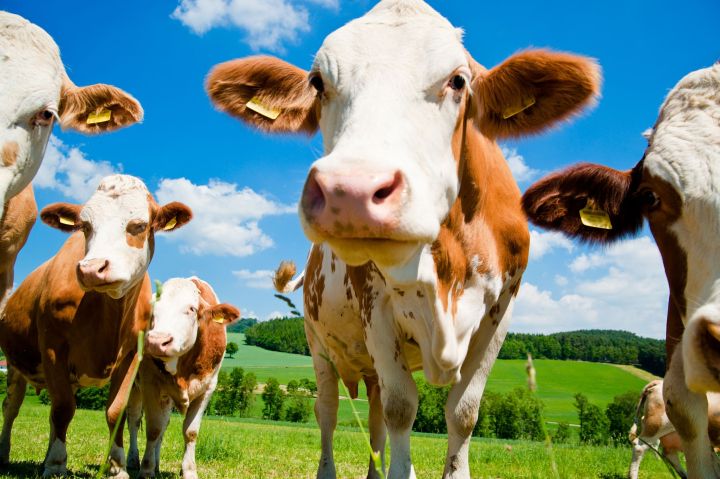
Once construction of the $31 million facility is complete, BoyaLife CEO Xu Xiaochun hopes its production model will allow the company to supply roughly five percent of the total meat eaten each year in China. To get an idea of just how much meat this is, a USDA study in 2012 revealed that China consumes just north of 70 million tons of meat each year, far surpassing the United States’ 32 million tons. In other words, China likes meat, and a savvy company found a new —and controversial— way to satisfy the country’s demand.
“We are going [down] a path that no one has ever travelled,” Xu tells the Guardian. “We are building something that has not existed in the past.”

Perhaps one of the main reasons a facility of this nature hasn’t been built before is the massive amount of uncertainty surrounding the ethics and safety of cloning. Just this past September, members of the European Union parliament voted (by a large margin, no less) to “ban the cloning of all farm animals as well as the sale of cloned livestock, their offspring, and products derived from them.” Those supporting the ban referenced the fact very few cloned animals actually survive to term, with many dying shortly after birth. As you can imagine, this has animal rights activists completely up in arms over the issue.
On the other hand, however, reports submitted to the FDA in 2008 concluded that meat or milk from cloned cows, pigs, or goats is as safe to eat as meat or milk from traditionally-raised animals. Then, in 2010, the United Kingdom’s Food Standards Agency gave the “all-clear” regarding the consumption of meat and milk from cloned animals, ruling it completely safe to eat. Even Xu himself told a group of reporters that cloned beef is “tastiest beef” he’s ever had.
“This is going to change our world and our lives,” Xu continues. “It is going to make our life better. So we are very, very excited about it.”
After construction ends, the new facility will take up roughly 14,000 square feet of space, effectively making it the largest animal cloning facility in the world. Though BoyaLife intends to raise around 100,000 “top quality” cow embryos each year, the company also pointed out it aims to use the facility to clone champion horses and drug-sniffing dogs. No exact date was given regarding the facility’s official opening date, but the company expects to begin operation sometime in 2016.


